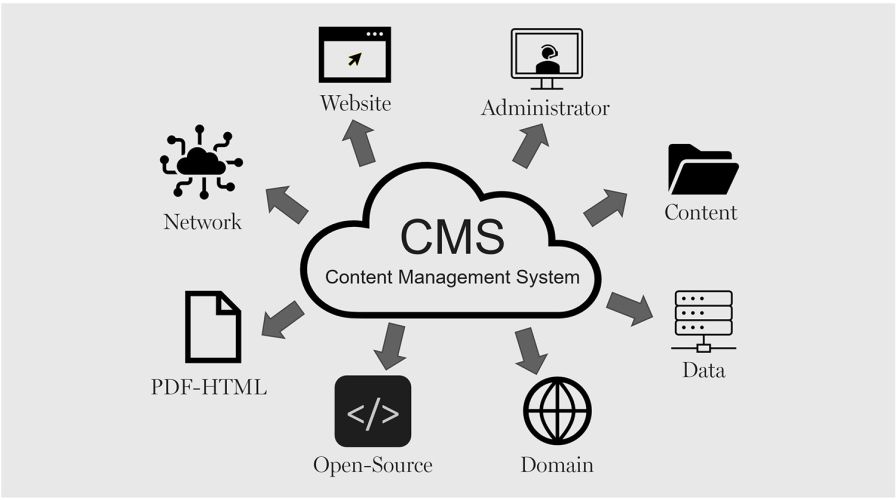CRM: The Secret Sauce for Business Growth
Managing customer relationships effectively is paramount to success in today’s fast-paced business landscape. A customer relationship management (CRM) system is a powerful tool that can help businesses of all sizes achieve their growth objectives.
Why is CRM software important?

- Centralized Customer Data: A CRM system is a central repository for all customer information, including contact details, purchase history, preferences, and interactions. By having a single source of truth, you can ensure data consistency and accessibility across your organization.
- Enhanced Customer Experience: A CRM allows you to understand your customers’ needs and preferences deeply. This enables you to personalize your interactions, whether through targeted marketing campaigns, personalized product recommendations, or exceptional customer service.
- Improved Sales Efficiency: A CRM streamlines your sales process, from lead generation to closing deals. It automates tasks like lead tracking, opportunity management, and follow-ups, allowing your sales team to focus on building relationships and closing more deals.
- Better marketing insights: You can identify trends and patterns that inform your marketing strategies by analyzing customer data. A CRM helps you segment your audience, personalize messaging, and measure the effectiveness of your campaigns.
- Stronger customer relationships: A CRM fosters stronger customer relationships by enabling you to track interactions, manage customer issues efficiently, and provide timely support. This leads to increased customer satisfaction and loyalty.http://Business Growth
- Increased Revenue: A CRM can directly contribute to increased revenue by improving customer satisfaction, sales efficiency, and marketing effectiveness.
Key Features of a CRM Systemhttp://Business Growth
- Contact Management: Store and manage customer information.
- Sales Pipeline Management: Track deals and forecast revenue.
- Marketing Automation: Automate marketing tasks and campaigns.
- Customer Service Management: Handle customer inquiries and issues efficiently.
- Reporting and Analytics: Gain insights into customer behavior and business performance.
- Integration Capabilities: Connect with other tools and software to streamline workflows.
Choosing the Right CRM for Your Business
When selecting a CRM, consider the following factors:
- Business Size: Choose a CRM that can scale with your growth.
- Industry-Specific Needs: Look for a CRM that caters to your industry’s unique requirements.
- Budget: Determine your budget and choose a CRM that fits your financial constraints.
- User-Friendliness: Ensure the CRM is easy to use and adopt.
- Integration Capabilities: Consider how well the CRM integrates with your existing tools and systems.http://Business Growth
Investing in a CRM can empower your business to grow, thrive, and build lasting customer relationships.
Post Views: 55




